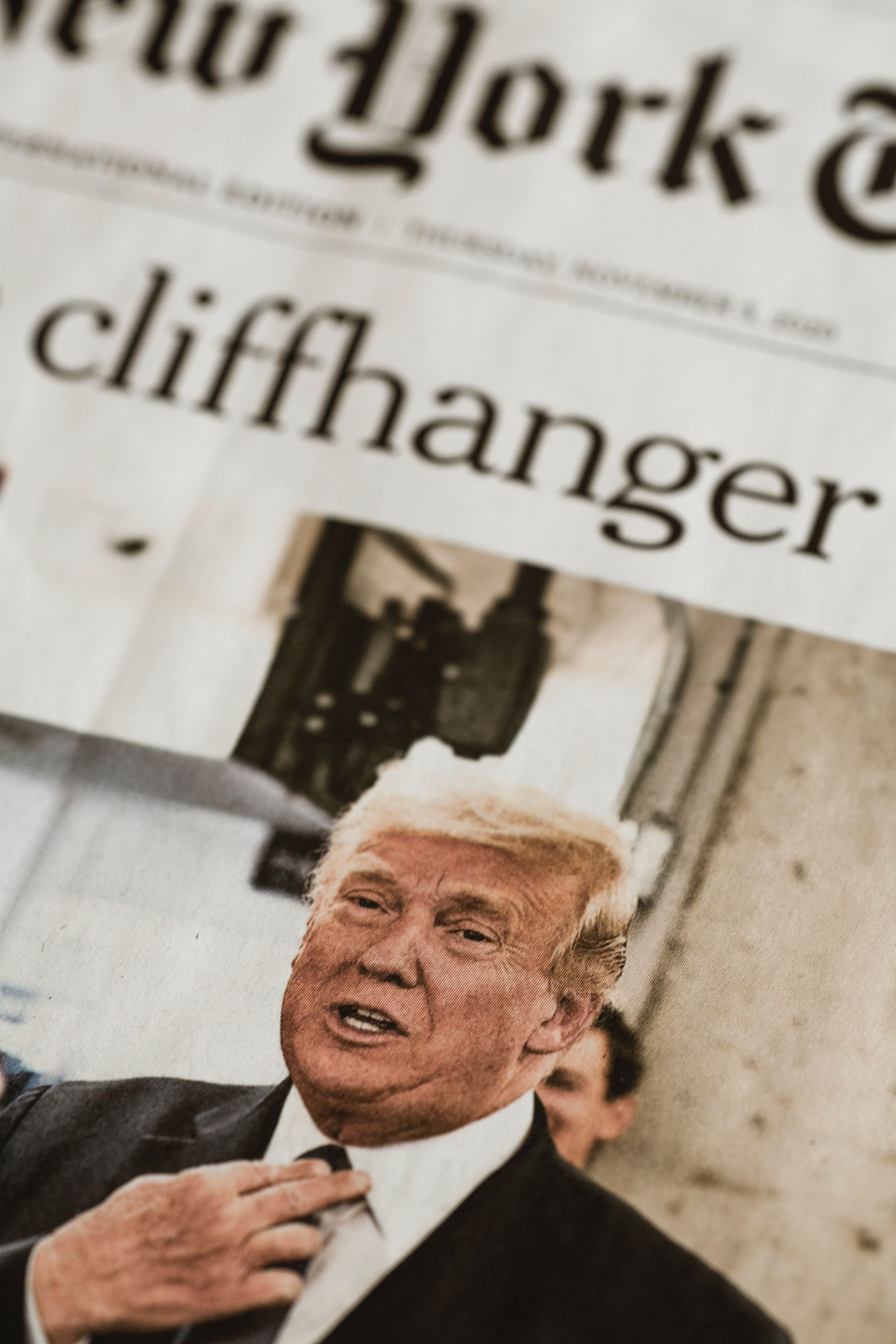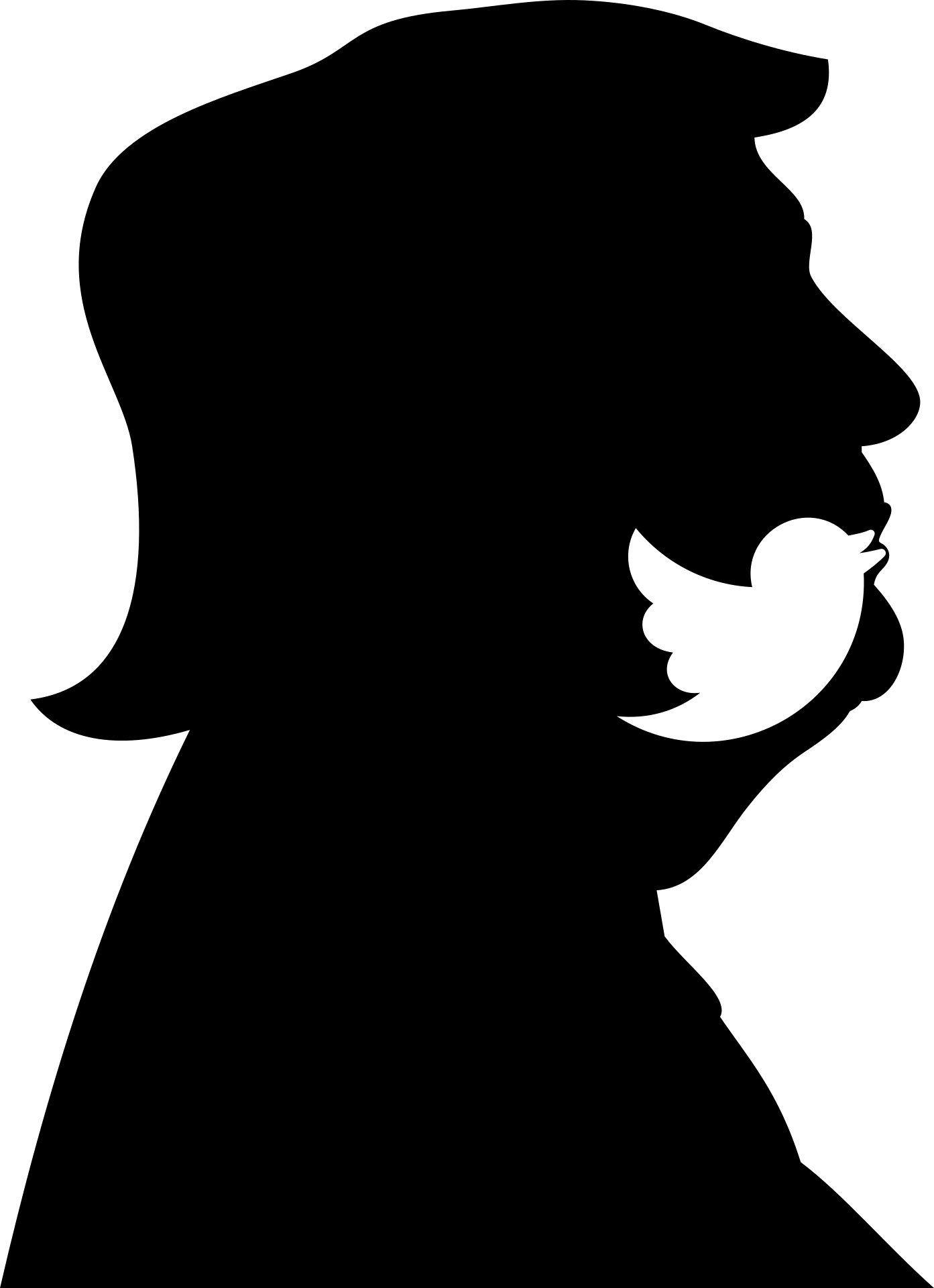By Edward Deacon, SciTech Digital Editor
A new international study led by behavioural scientists at the University of Bristol has found that Trump’s use of Twitter leads to a suppression of media coverage on topics that are politically damaging to him.
The research, published in Nature Communications, tested the hypothesis of whether Donald Trump’s flippant use of Twitter successfully diverted the media away from covering topics that are potentially harmful to him.
It also tested whether an increase in politically harmful media coverage was in turn followed by increased diversionary Twitter activity by Trump.

According to the lead author of the study, Professor Stephan Lewandowsky, thestudy ‘presents empirical evidence that is consistent with the hypothesis that President Trump’s use of social media leads to systematic diversion, which in turn may suppress media coverage that is potentially harmful to him.’
Since the start of Trump’s presidential candidacy back in 2015, Trump has sent around 30,000 tweets from his account, making him one of the most prolific users among world leaders.
The first two years of Trump’s presidency were examined closely in the study, with Robert Mueller’s investigation into potential collusion with Russia in the 2016 Presidential Election being a key topic area since it was damaging to the President.

Content produced by the New York Times (NYT) and ABC World Wide News Tonight (ABC) concerning Russia and the Mueller investigation were examined, as these are thought to be two of the US’s most politically neutral media outlets.
The researchers selected a set of words that at the time were considered to represent the President’s political strengths, the most frequent of which were ‘jobs’, ‘China’ and ‘immigration’.
It was suggested that the more the Mueller investigation was covered by the NYT and ABC, the more Trump’s tweets would mention these topics, and other favourable ones, thus resulting in less coverage of the investigation.
Media coverage suppression ‘also emerged when all possible topics in the president’s Twitter vocabulary were considered’
The findings showed that for around every five additional ABC headlines relating to the Mueller investigation, one more keyword was found in tweets by Trump. And two more mentions of a keyword in a tweet by Trump led to approximately one fewer mentions of the investigation in the following day’s copy of the NYT.
Topics that weren’t damaging to Trump were compared, such as Brexit, and other non-political issues like football and gardening. No patterns of the kind found for the Mueller investigation were observed, thus supporting the findings.
An additional analysis looked more widely at the vocabulary used by Trump, rather than a targeted set of keywords. It was stated that the systematic diversion and ensuing media coverage suppression ‘also emerged when all possible topics in the president’s Twitter vocabulary were considered.’
The Bristol students who canvassed for the US Democrats
How the American election could affect Bristol and its students
Long-term trends, week-to-week fluctuations, placebo keywords and other measures were used to strengthen the claims of the relationships drawn by the study.
Commenting on the findings, Prof Lewandowsky said: ‘It’s unclear whether President Trump, or whoever is at the helm of his Twitter account, engages in such tactics intentionally or if it’s mere intuition. Either way, we hope these results serve as a helpful reminder to the media that they have the power to set the news agenda, focusing on the topics they deem most important, while perhaps not paying so much attention to the Twitter-sphere.’
The research follows Trump’s failure to be re-elected president, which is something he has repeatedly rejected by numerously tweeting, without evidence, that electoral fraud led to the election of Joe Biden instead.
Featured Image: Pixabay / Robert Johnson
Do these findings concern you about the influence of Twitter on the media?









